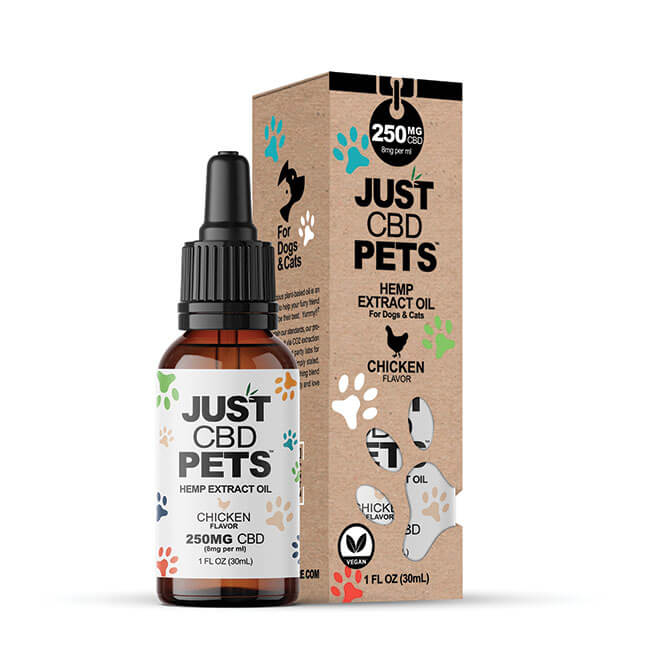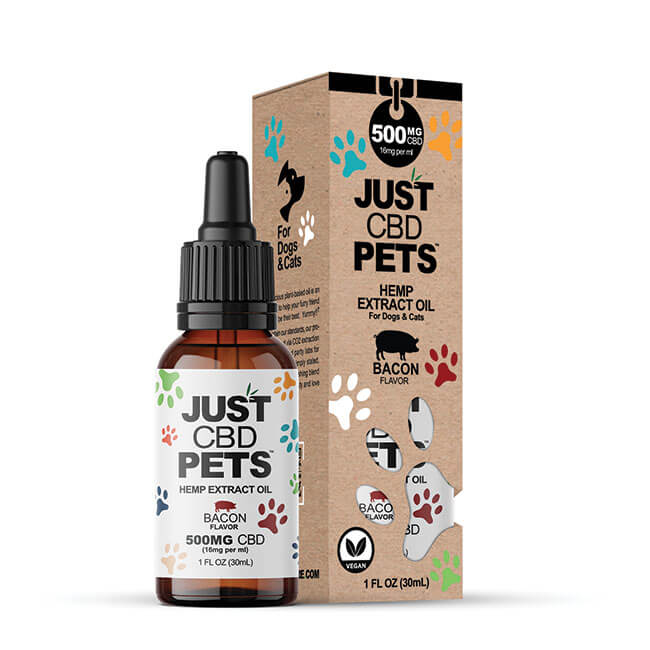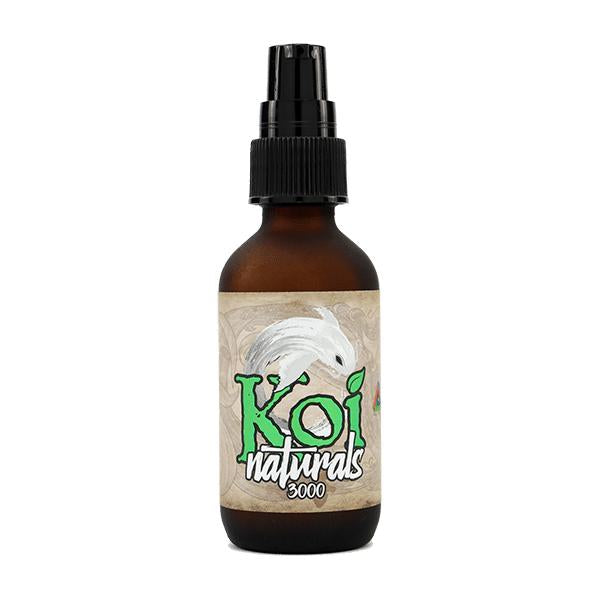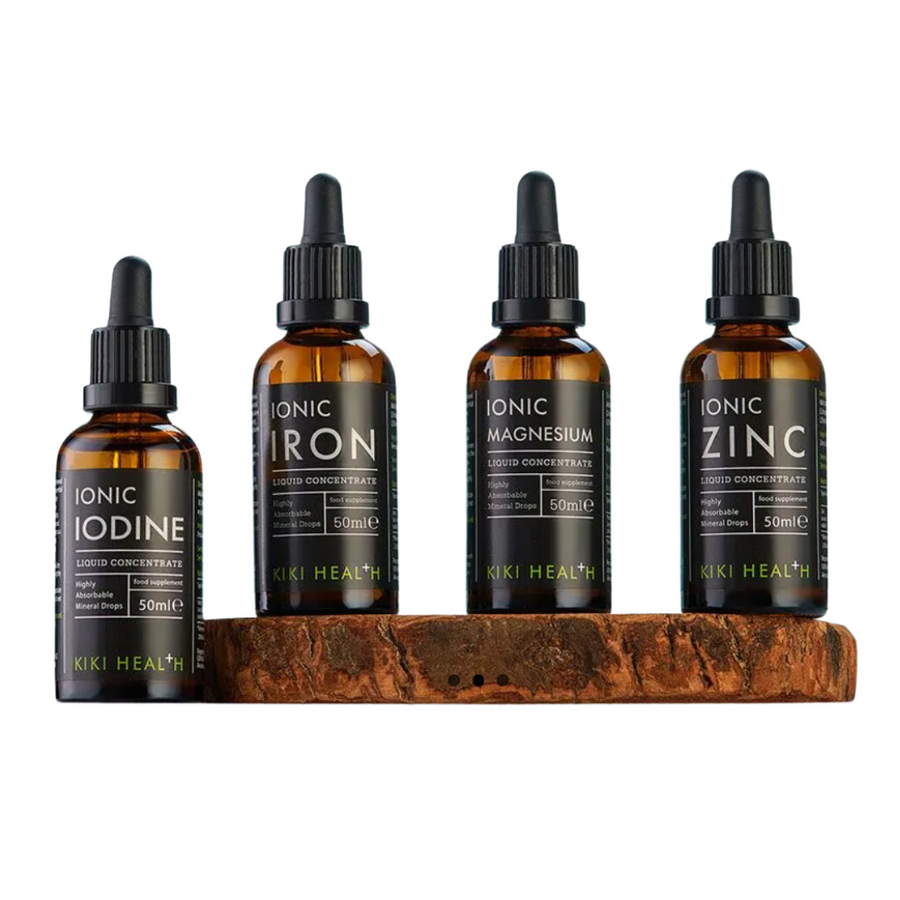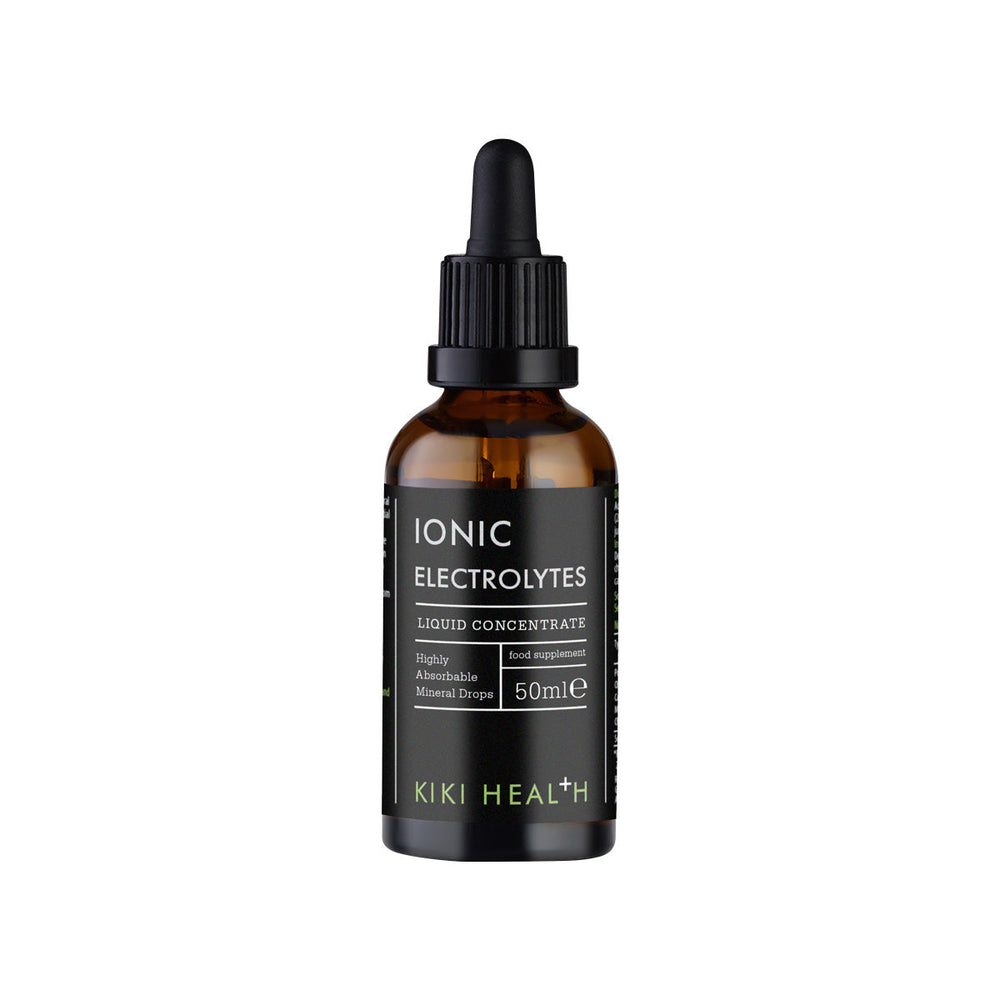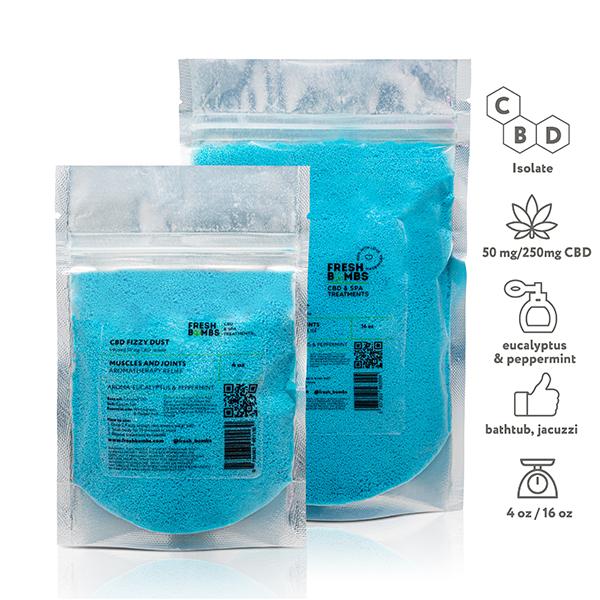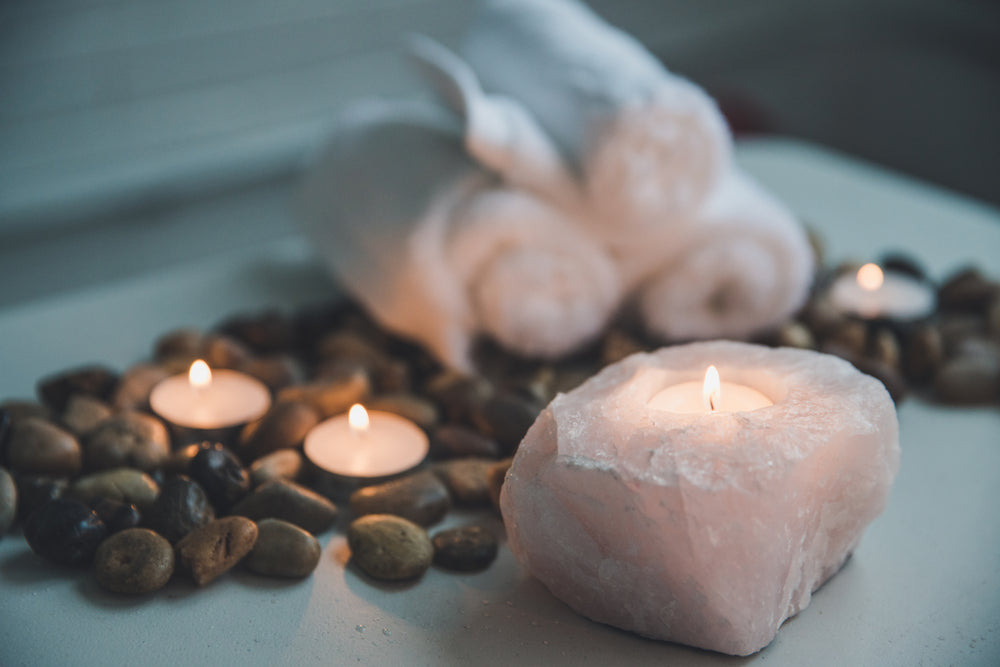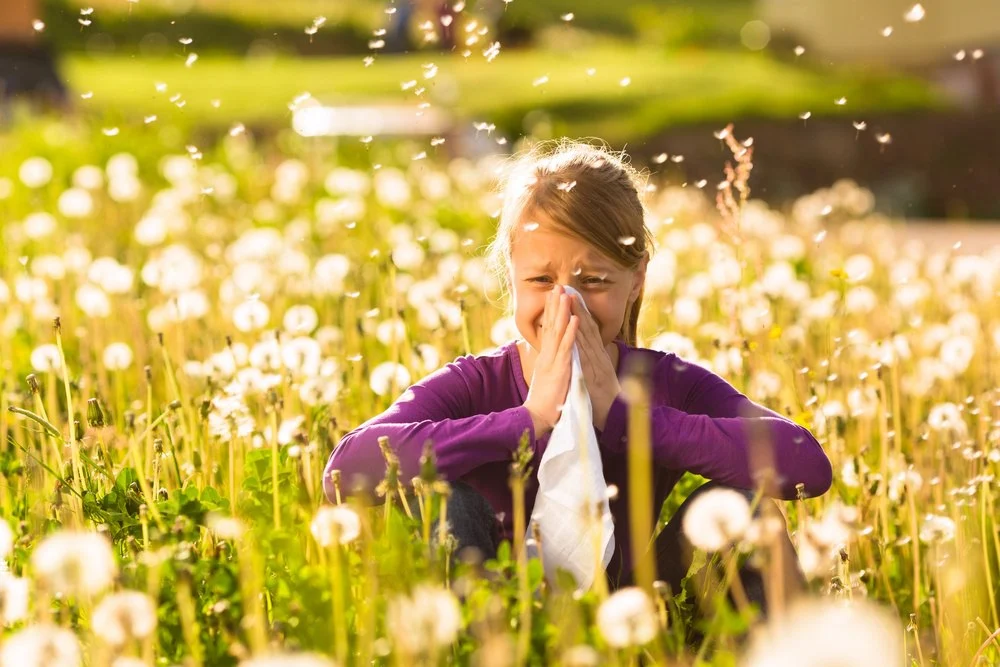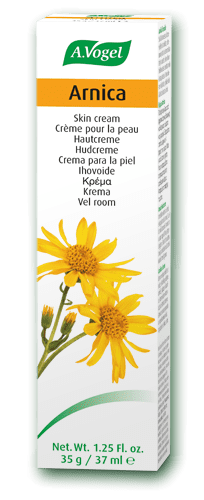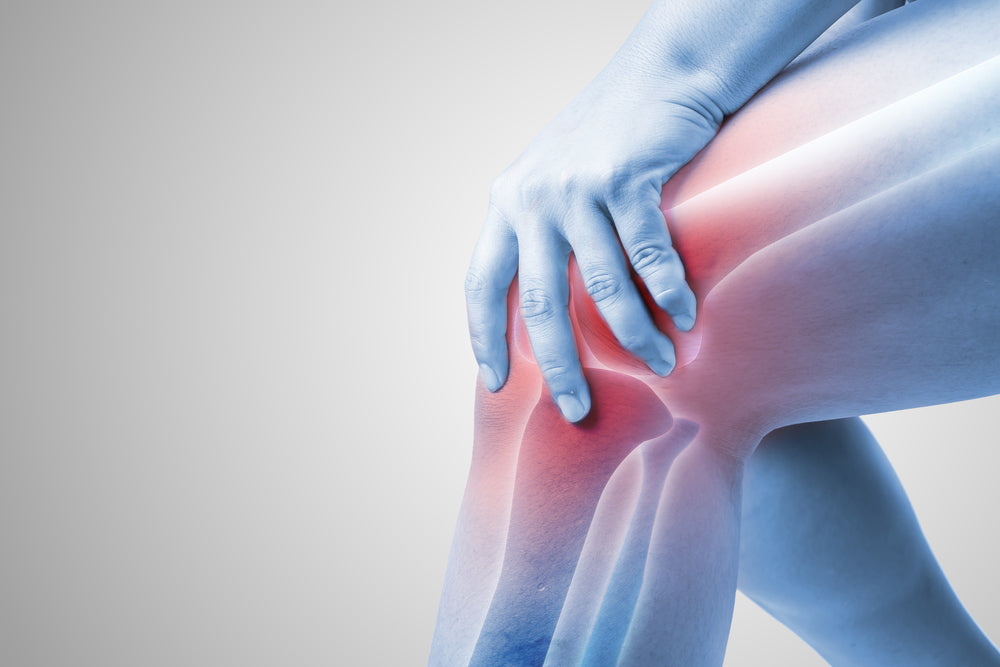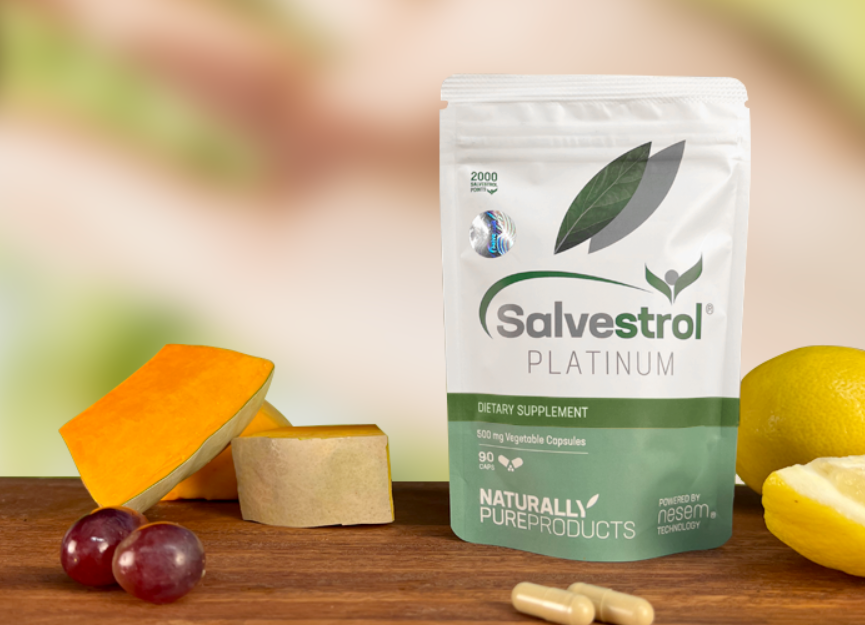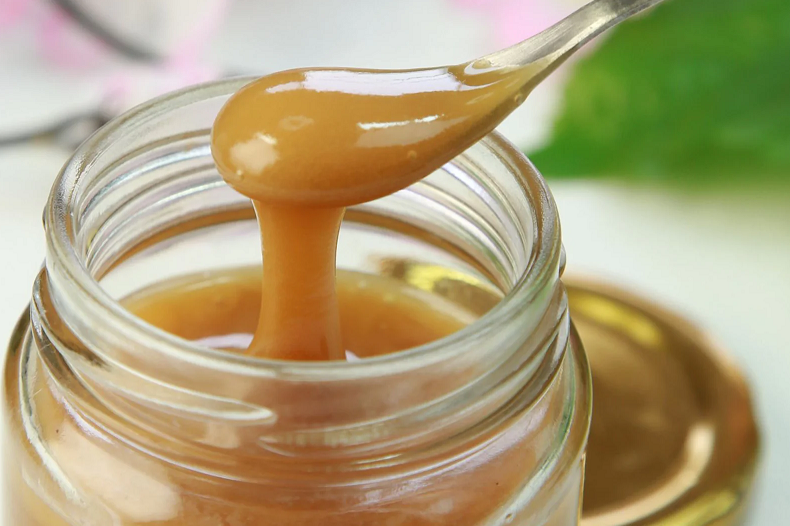Fighting Festive Fatbergs
As the festive season fast approaches and many of us will get together with loved ones to eat, drink and be merry, it’s not surprising that Thames Water (the UK’s largest water services company) is campaigning for us to not further feed the fatberg crisis here in the UK this Christmas. So you may be asking yourself “what can I do to help this winter?â€.
What are fatbergs?
Fatbergs are lumps of hard, fatty gunk that accumulate over time in our sewers. They are caused by the incorrect disposal of cooking fats, Oils, grease, plastic and unflushable toiletry products, such as wet wipes or sanitary products.
Why are fatbergs a problem in the UK?
Here in the UK, fatbergs have been a problem for quite some time now. When they congeal they can become as hard as a rock and form a thick layer around sewage pipes, which prevents sewage from flowing properly. The correct disposal of discarded cooking fats, used for your Christmas turkey for example, is now more important than ever this year. Especially at a time of the year when Thames Water have admitted that blockages tend to be at their very worst.
What is the safest way to dispose of my cooking oil this Christmas?
In most cases, cooking oils, with the exception of canola oil, should solidify if left to cool down. However, if your cooking oil doesn't harden you may wish to put it in a suitable container before putting it in your rubbish, or even better still, re-use it!
Can I put cooking oil in the compost?
Most cooking oils are not suitable for composting but vegetable oils such as Olive oil, corn oil, sunflower oil or rapeseed oil can be composted in very small amounts provided they haven't come into contact with foods like meat or cheese.
Is it bad to flush pads down the toilet?
Yes! Christmas may be a peak time for blockages but flushing sanitary products, such as pads, down your toilet at any time of the year is a big no, no. While flushing them may get them out of your immediate sight but it won’t get rid of them properly, so it’s important to be more aware about what you’re flushing down your loo.
Conventional sanitary products contain a lot of plastic (not to mention other volatile toxic compounds), with a pack of 14 pads thought to contain as much plastic as 5 carrier bags! And on UK beaches alone, 5.9% of all plastic litter consists of sanitary products.
What are sustainable sanitary products?
Plastic free and sustainable Feminine Hygiene products are those made with reusable, compostable and biodegradable materials like cotton or Bamboo. Menstrual Cups are certainly one of the most environmentally friendly and cost-effective options, as they are made from soft medical grade silicone.
Are biodegradable pads flushable?
In theory, you could flush biodegradable & compostable pads and Baby Wipes, however, considering the current state of UK water-waste systems, they simply cannot cope with Feminine Care products anymore. Thames Water say that you should only ever flush the 'three Ps' down your toilet; pee, poo and paper. With this in mind, the only correct way to dispose of all sanitary products is to put them in a bathroom waste bin.
Is bamboo toilet paper biodegradable?
Yes! Bamboo Toilet Roll is generally 100% biodegradable, so products like The Cheeky Panda Bamboo Toilet Paper - Pack of 9 or Greencane 100% Biodegradable Toilet Paper - Pack of 4 will promptly and naturally break down much better than traditional toilet paper.
Conclusion: How do I change my habits fast?
When it comes to toiletries, sanitary products and cooking oils, it’s easy to change your habits this Christmas. Simply make sure you have suitable waste bins in your Kitchen, Bathroom & Toilet respectively, to dispose of these products and prevent them from going into our waterways. And if you want to go that one step further and really help the environment and its wildlife, buy & use organic, unrefined, cold-pressed oils from Natures Healthbox like extra virgin olive oil or virgin Coconut Oil for your Christmas cooking this year.
